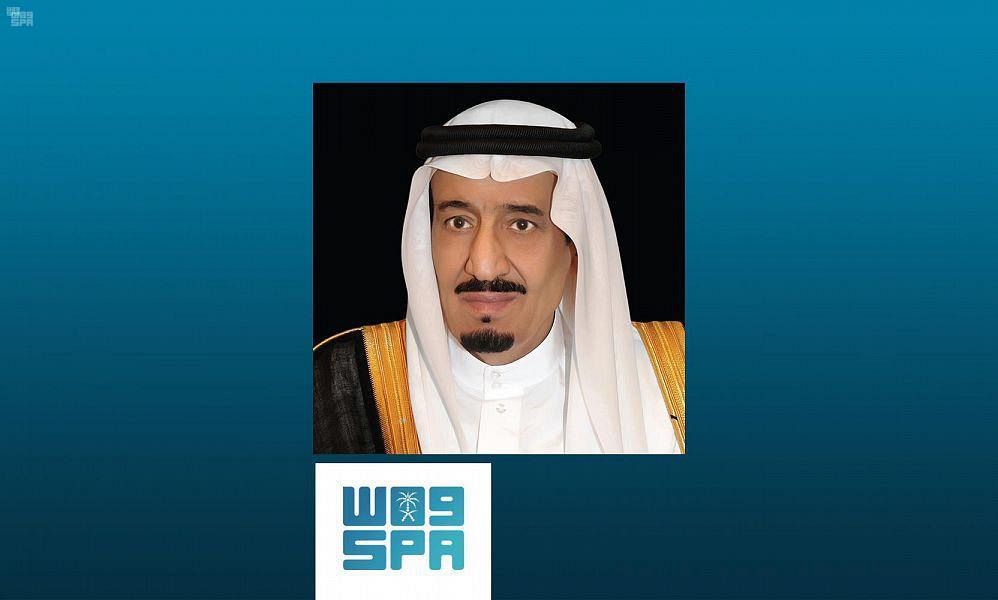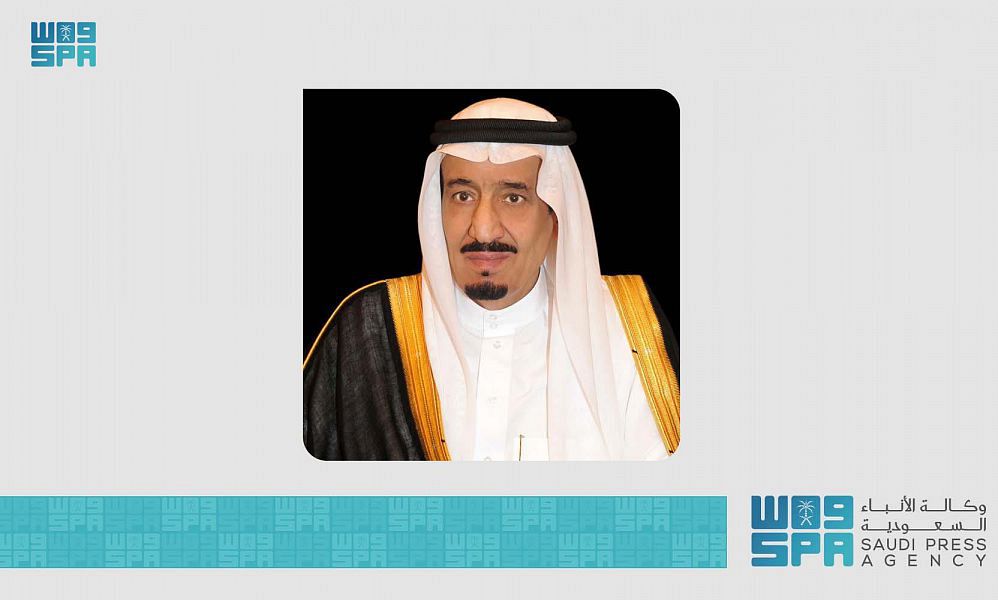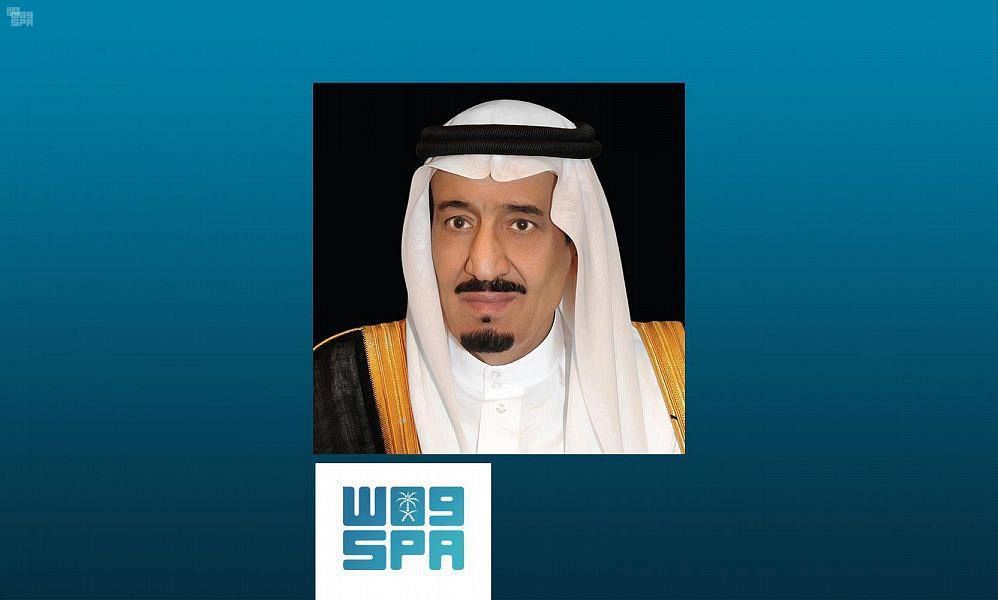
Thousands of flag-waving supporters have greeted Evo Morales at Bolivia’s southern border, as the country’s exiled former president began a triumphant homecoming that suggests his four-decade political career may be far from over.
“As long as capitalism and imperialism exist, the fight goes on,” Morales, 61, declared as he prepared to cross the international bridge between the Argentinian border town of La Quiaca and Villazón in Bolivia at about 10am local time.
“There are thousands of Bolivians waiting to embrace Evo on the other side of this bridge … and do you know why? Because the people never get it wrong,” said Argentina’s president, Alberto Fernández, after escorting Morales to the border crossing. “Viva Bolivia! Viva Latin America!” he added.
In Villazón Morales told a crowd of miners and indigenous citizens: “We have recovered our democracy, without violence, and we have once again reclaimed our homeland.”
Bolivia’s first indigenous president resigned and fled Bolivia on 11 November last year after an explosion of social unrest and what backers denounced as an anti-indigenous coup. He initially sought shelter in Mexico but has spent most of the last year in Argentina where Fernández’s leftwing administration offered him asylum.
On Monday morning, Morales kicked off a high-profile road trip home, a day after Bolivia’s new leftwing president, Luis Arce, was sworn in following a landslide election in October.
From Villazón, the 61-year-old politician plans to lead a caravan of vehicles northwards to the jungle province of Chapare and the town of Chimoré where he began his political life as a union leader for coca farmers, known as cocaleros.
En route, the homecoming former leader is expected to pass through towns and villages arriving at Oruro on Tuesday and continuing to Orinoca, the tiny village where his birthplace has been transformed into a $7m museum honouring Morales.
Morales has said the social movements there will decide if he continues to be a leader or not.
In an video message celebrating his return from exile, Morales pledged to continue fighting for democracy and Latin America.
“But, above all, I will not rest until sealing a national pact that, leaving aside sectoral and regional interests, gets Bolivia out of its crisis,” he said. “The people have won,” Morales added.
Those comments will delight supporters but may fuel fears within Bolivia’s opposition, and even some sectors of Morales’s Movement For Socialism (Mas) party, over the extent to which the former president will seek to involve himself in Bolivian politics after his return.
Morales’s defenders hail him for the economic and social progress made during his 14 years in power. But Bolivia’s former president is also a divisive and in some quarters despised figure who detractors accuse of leading the country towards authoritarianism, corruption and refusing to give up power.
When he was forced into exile last year, Morales had been trying to secure an unprecedented fourth term as president, in defiance of a 2016 referendum where voters decided he should not have that right.
Jim Shultz, the founder of the Bolivia-focused Democracy Centre, said it was not clear what, if any political ambitions Morales still harbours, or how Arce felt about his return.
Speaking to the Guardian last week, Arce called Morales’s return “a very personal matter for him” but insisted: “This is my government.”
Shultz said Arce’s challenge would be to find Morales a role “where he feels honoured and respected as opposed to really controlling anything”.
“That’s probably the sweet landing spot – that you find a role for him that is constructive, that captures his strengths but that keeps him out of the power structure of the government and out of the power dynamic of the Mas,” he added.











